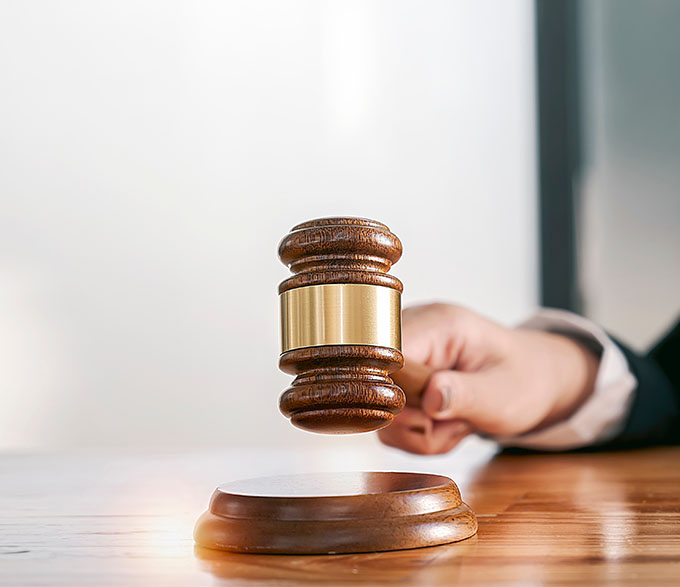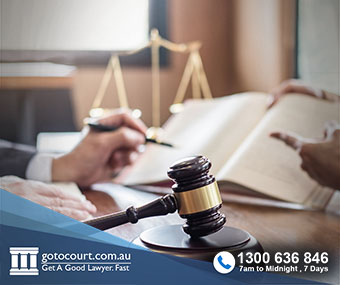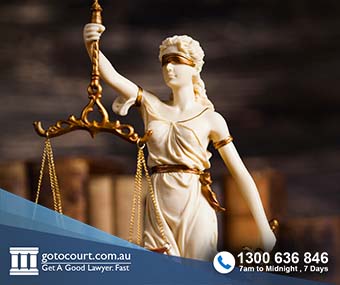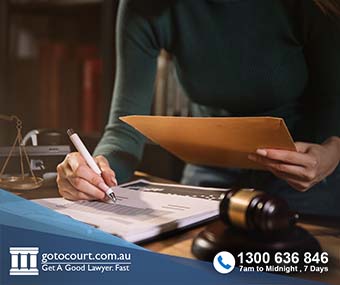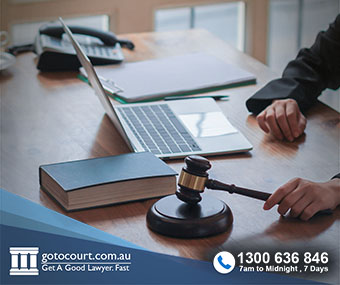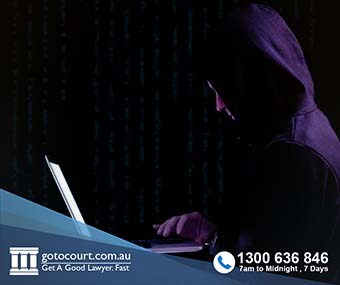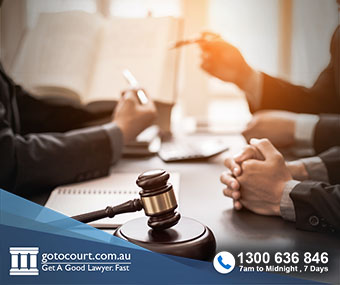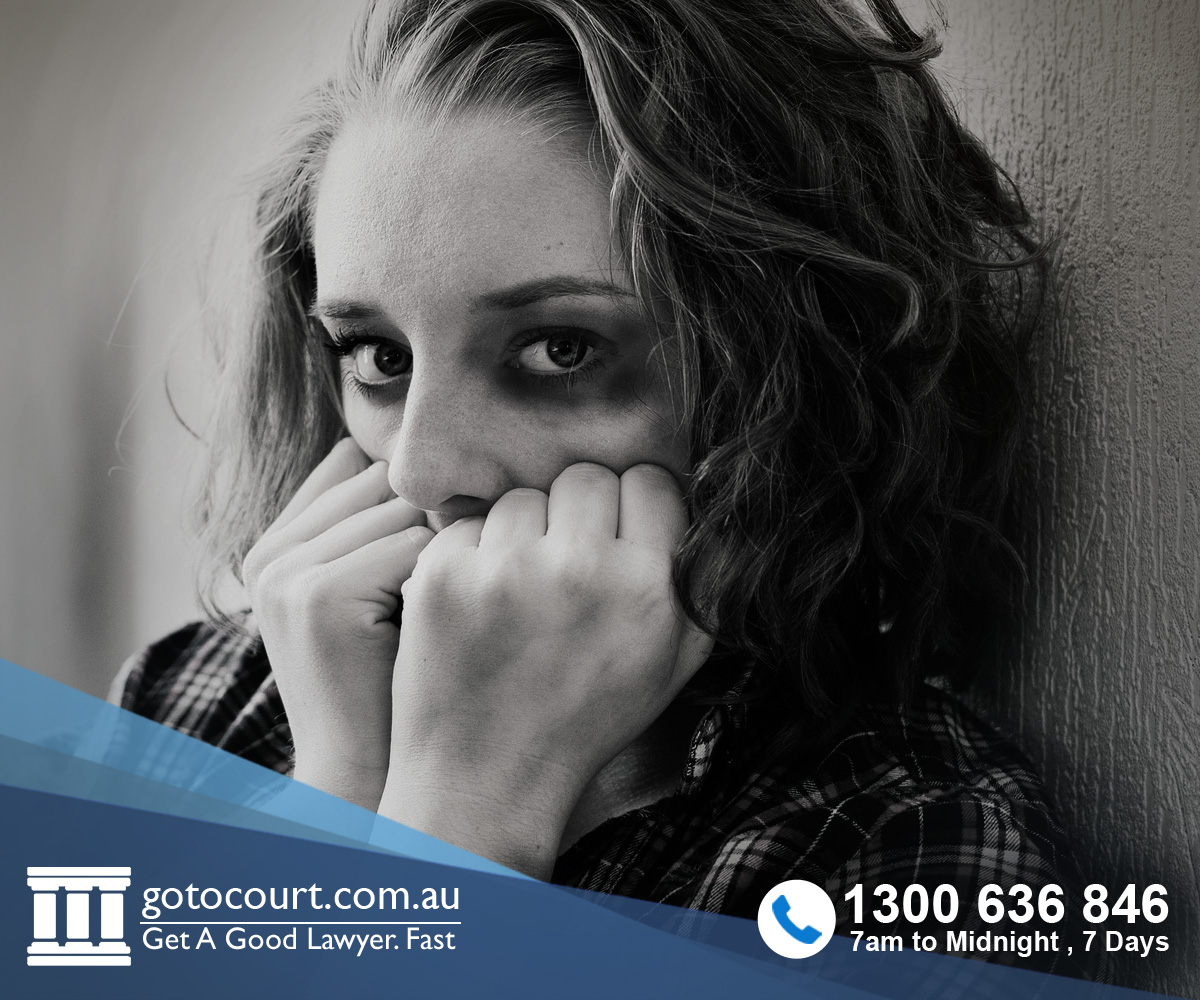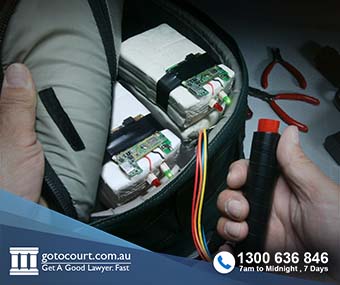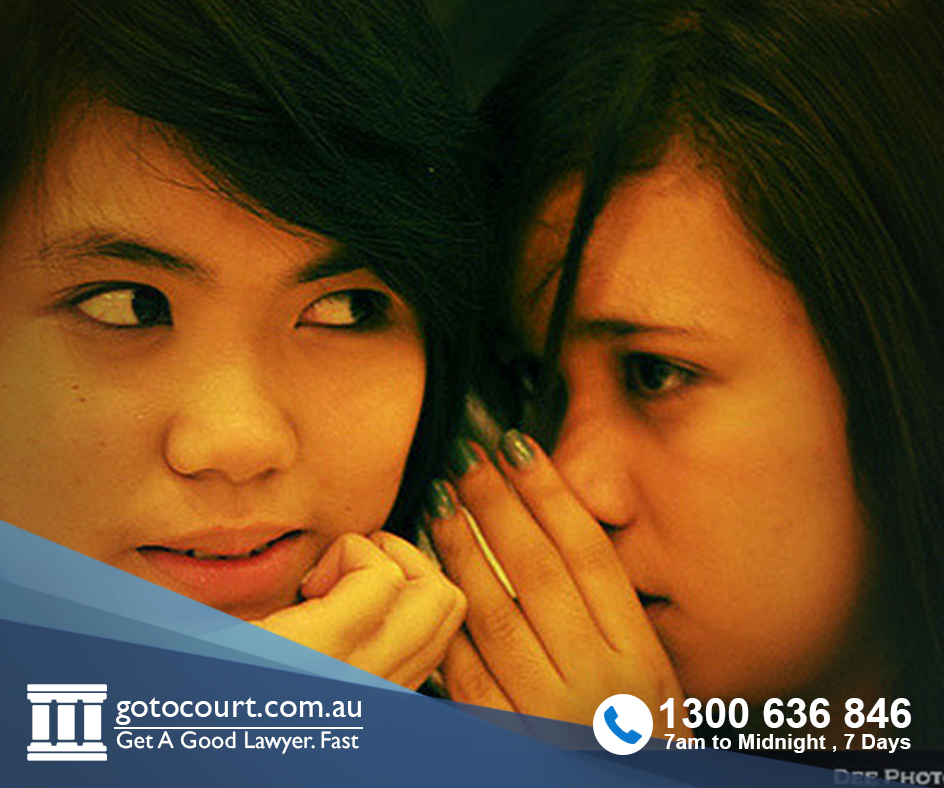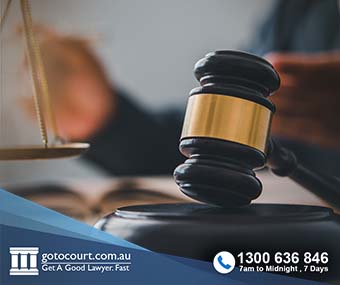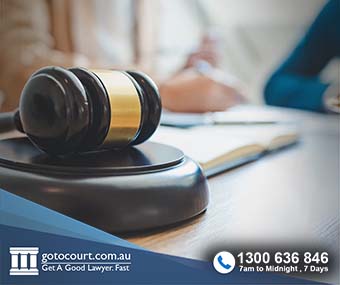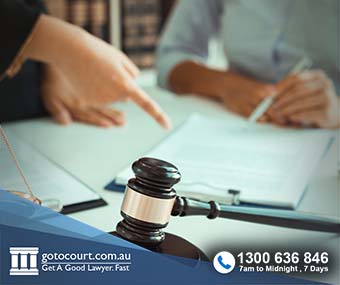Pleading Not Guilty
When a person is charged with a criminal offence, they are not obliged to admit guilt or to provide any information that incriminates them. The prosecution bears the burden of proving that an accused person is guilty beyond a reasonable doubt. The presumption of innocence and the right to plead not guilty is central to the criminal justice system. This page deals with pleading not guilty in criminal matters generally; however, it is important to note that specific procedures vary between different states and territories.
Reasons for pleading not guilty
There are three main reasons that a person may plead not guilty to a charge.
1. They did not commit the acts alleged
If an accused person did not commit the physical elements of an offence, they should plead not guilty and actively defend the charge. In this situation, an accused person will generally give evidence in court that they did not commit the acts alleged and giving an account of what really happened.
2. They have a legal defence
If an accused person did commit the physical acts alleged, they may have a legal defence. In other words, they committed the act, but they had an excuse for doing so.
Some examples of this are:
- where a person is charged with assault but struck the alleged victim in self-defence;
- where a person is charged with speeding but was doing so because of an emergency situation;
- where a person committed a burglary under duress.
In a case like this, there may be some evidence that is not in dispute between the defence and prosecution.
The defence will generally call evidence to support the legal defence that is being run. The defence will also cross-examine prosecution witnesses and put the accused’s version of events to each of them.
3. They are choosing to put the prosecution to proof
An accused person can also choose to ‘put the prosecution to proof’. This means that the defendant simply does not admit the offence so that the prosecution must prove each element beyond a reasonable doubt. This usually happens when the prosecution case is weak or where there is an expectation that certain witnesses may fail to attend or fail to give evidence that supports the prosecution case.
Pleading not guilty in the Magistrates Court
When a person pleads not guilty in the Magistrates Court, the magistrate will adjourn the matter until the prosecution has served the brief of evidence on the defence. The brief of evidence is a copy of all the evidence that the prosecution intends to rely on. It may include witness statements, CCTV footage, medical records and forensic evidence.
If the accused still wishes to plead not guilty after reviewing the full case against them, the matter will be listed for a contested hearing. On this date, the prosecution will call evidence against the accused and the defence may also adduce evidence. Each party will then make submissions and the magistrate will decide whether the accused has been proven guilty beyond a reasonable doubt.
If the accused is found guilty, the magistrate will impose a sentence. If they are found not guilty, the matter will be dismissed.
Pleading not guilty in a higher court
When a person faces charges in the District Court, County Court or Supreme Court and wants to plead not guilty, the process is more complicated. The matter will begin in the Magistrates Court but will have to go through a number of procedural stages before being transferred to a higher court. These procedures vary from state to state but in all jurisdictions the strength of the prosecution case will be assessed. If there is sufficient evidence for a jury to find the accused guilty, the matter will be committed to a higher court.
Once the matter has been transferred to a higher court, it will be listed for a trial. This will generally be in front of a jury made up of twelve randomly selected citizens, who will hear evidence from both parties and then decide whether the accused is guilty or not guilty.
In some situations, the court may order that a trial be heard by a judge alone.
If the accused is found guilty at trial, the judge will then impose a sentence. If they are found not guilty, the matter will be dismissed.
Appeals
Either the defence or the prosecution may lodge an appeal against a verdict, against a sentence, or both. A criminal appeal must be initiated within 28 days of the decision.
If you require legal advice or representation in any legal matter, please contact Go To Court Lawyers.

